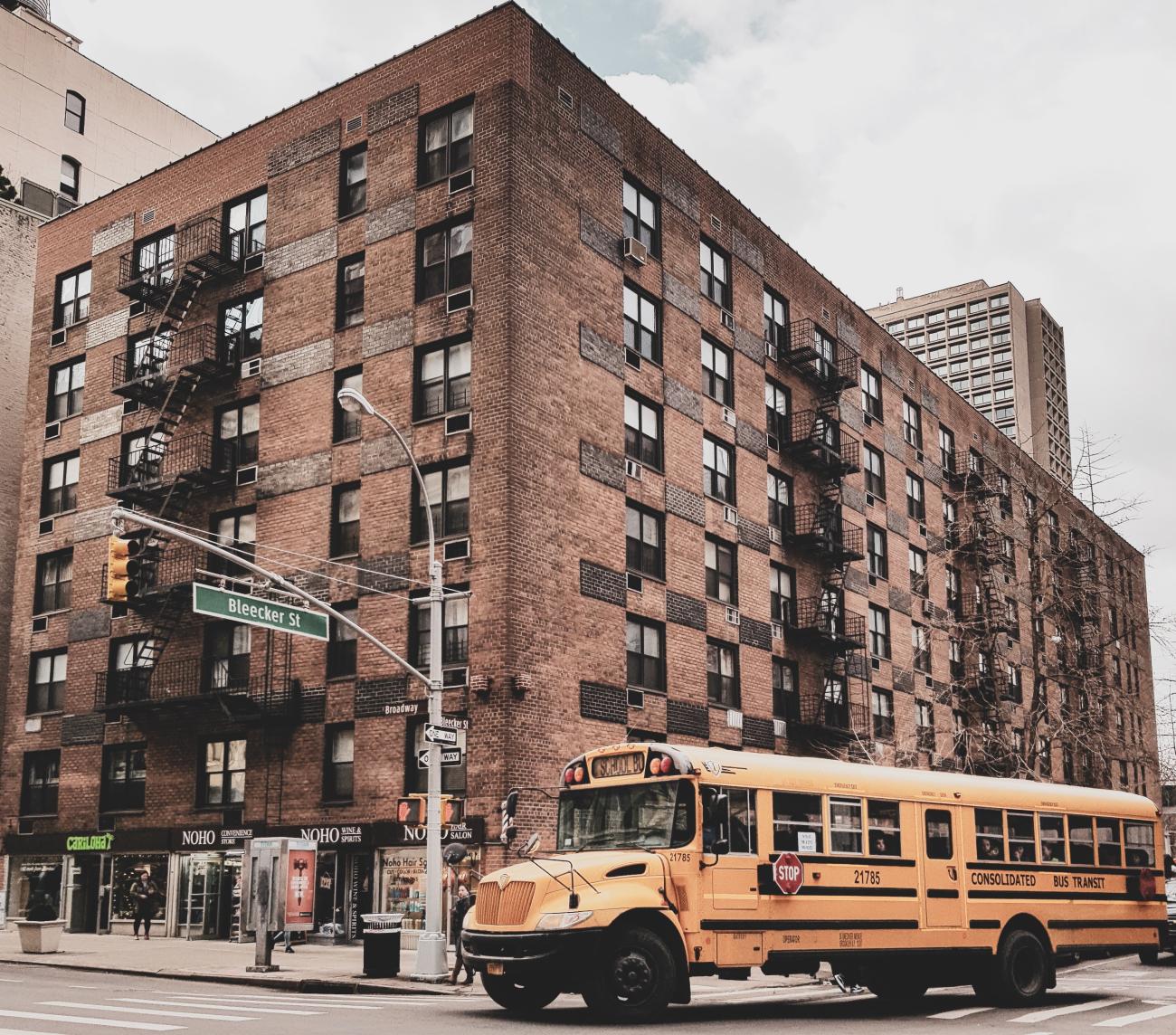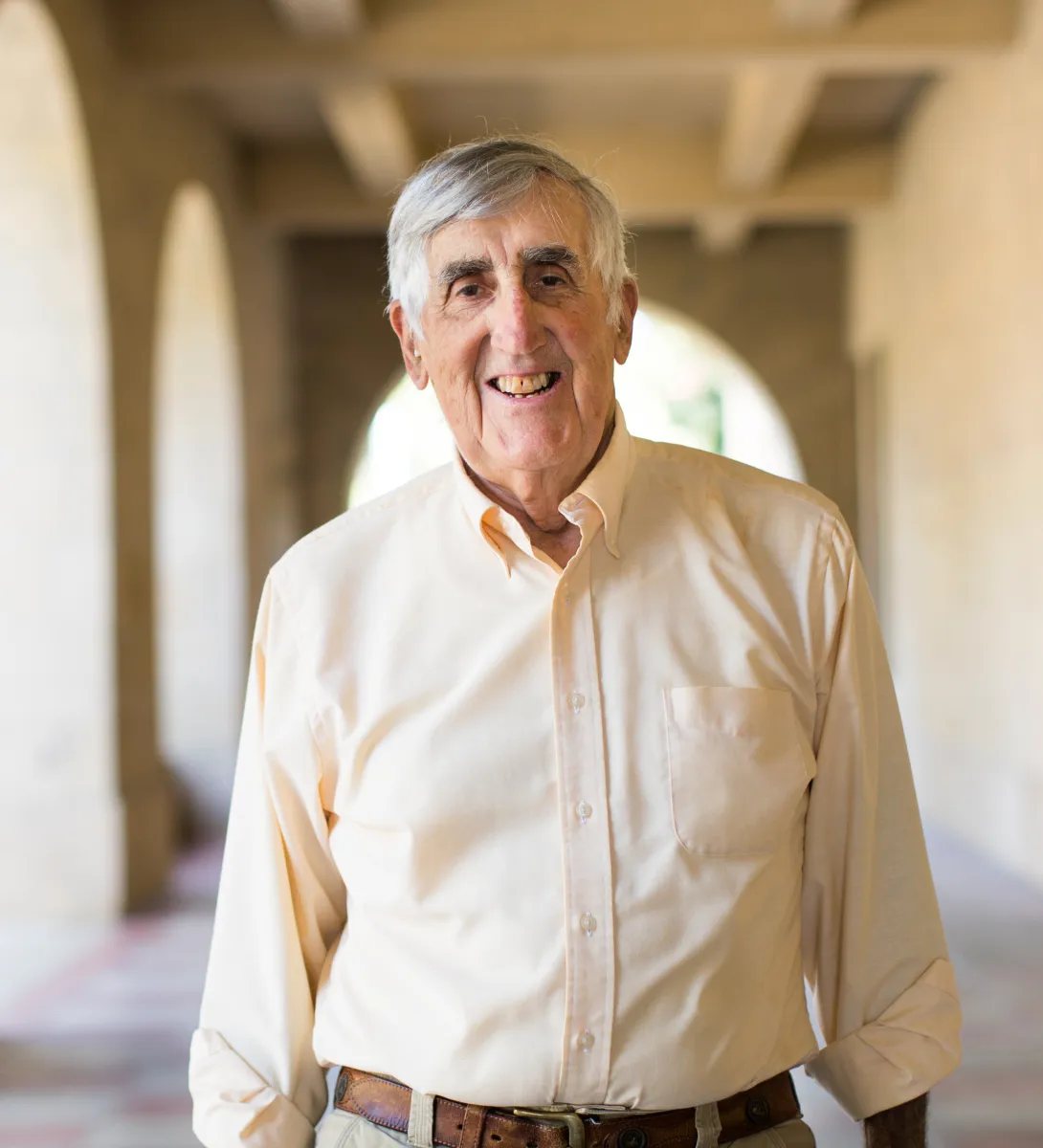
‘Schooling is important, but it’s not all-important’: Larry Cuban on a century of school reform
Larry Cuban considers himself a “tempered optimist” when it comes to school reform. An education historian and professor emeritus at Stanford Graduate School of Education (GSE), he’s devoted much of his career to studying social, political and economic movements to change public schooling — and he’s come to an uneasy conclusion.
“Every generation of reformers has believed in their hearts that public schools are the chief, if not the sole, determiner of individual and national success – that schooling is the great equalizer,” says Cuban. “Reform is important, and it can improve schooling. But events outside of school weigh far more heavily in shaping lives.”
Beyond his work as a historian, Cuban has experienced nearly a century of reform efforts firsthand. In his new book, Confessions of a School Reformer, he reflects on three major movements of the past century and their impact on education, connecting them to his own experiences as a student, a teacher and an administrator.

Larry Cuban, professor emeritus at Stanford Graduate School of Education (Photo: Holly Hernandez)
Cuban was born in 1934, near the end of the Progressive movement (1890s-1940s), a time when education reformers were pushing away from a focus on rote memorization in favor of a “whole child” approach to schooling. He worked as a high school history teacher in Cleveland and Washington, DC, during the Civil Rights movement (1950s-1970s), which included 1954’s Brown vs. Board of Education decision and court-ordered busing to desegregate schools. And he served as superintendent of schools in Arlington County, Va., at the start of the Standards-Based Reform movement (1970s-present), marked by an emphasis on standardized testing and accountability measures based on performance.
Cuban blogs frequently on school reform and classroom practice and has written more than 20 books, including Tinkering Toward Utopia (1995), a landmark history of public school reform coauthored by the late David Tyack, a longtime professor at Stanford GSE.
Here, Cuban shares how some of his beliefs about school reform have evolved over the years, the impetus for writing the new book, and the kind of changes to public schooling he’d like to see.
Your new book is equal parts memoir and historical analysis. Why did you choose to take such a personal approach?
I’ve written about school reform historically for years, but at some point it came to me that I’ve actually lived through the three major reform movements of the 20th century: the Progressive movement, the Civil Rights movement, and the business-inspired “standards, testing and accountability” movement. That insight grabbed me, and I thought, that’s a basis for a book — a nice way to blend the personal with the analytical.
Education reform is often touted as the answer to many problems in society, but you take serious issue with that. Why?
Reforming schools is not a magical way to reform society. You reform schools in order to make them better for the kids and the teachers. That’s a good reason to reform schools — but if you think that somehow school reform is going to improve society, you’re exaggerating the role of schools in our society.
Schools don’t alter a capitalistic democratic society. They mirror it. And schooling is only one part of a person’s life. About 20 percent of a child’s time is spent in the classroom; the vast majority is spent at home, in neighborhoods, and other places with family and friends.
I’m not saying schools don’t matter. Schooling is important, but it’s not all-important. It took me many years to arrive at that conclusion, and I came to it uneasily.
Why was it hard to recognize that?
I came into teaching because I thought teaching was a noble occupation where you can have an impact on young people. I still believe that, but I realized I had characterized an exaggerated version of my influence.
In looking at my own life and the events that have shaped me, school is one, but other events have had a much more momentous impact. The Great Depression, World War II, getting polio, moving into different neighborhoods, my relationships with family and friends — these are what I recall most vividly, and what I believe touched me more than what I took away from schooling.
I’m always taken by the conversations people have at parties about the best teacher they ever had. In every generation of teachers, there are many who connect with individual kids in their classrooms, be it kindergarten or advanced placement calculus in high school. They form relationships that have an enormous influence on those kids as they become adults. That's what gives me optimism about schooling and its influence, even though the school machinery is one that I'm highly critical of and think ought to change.
What would you most like to see change?
For all the rhetoric about school reform, public schools have been organized the same way for the past 150 years — as age-graded schools where every teacher has a classroom and is expected to cover a certain portion of the curriculum. Teachers have to make sure their students absorb that curriculum, giving them tests and so on as the kids go through the escalator of grades.
But kids learn at different ages and different speeds. Some pick up a subject more quickly and get bored easily, so a multi-age group is more sensible – kids can help one another, and it fits their learning pattern. But our existing machinery of schooling doesn’t permit that.
What do you think it will take to make that happen?
I don’t see it changing in a wholesale way, but I see it happening in a retail way. Every effort to get rid of the age-graded school wholesale has failed. But there are schools and groups of parents and teachers who look at schooling in a different way and say, We ought to build on how kids learn at different speeds and organize school around that.
Schools do change — but in incremental, not fundamental, ways. Most of these changes have occurred from political and economic movements outside of the school system. These movements have spilled over into schools, but not to the degree that reformers and wannabe reformers want to believe.
Faculty mentioned in this article: Larry Cuban



